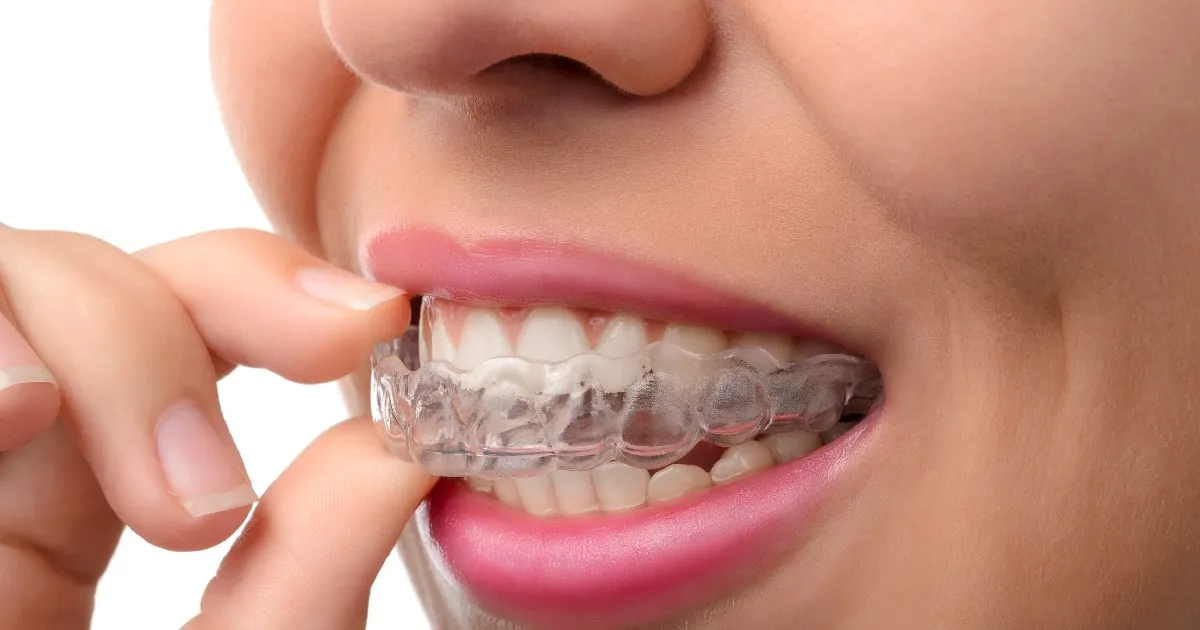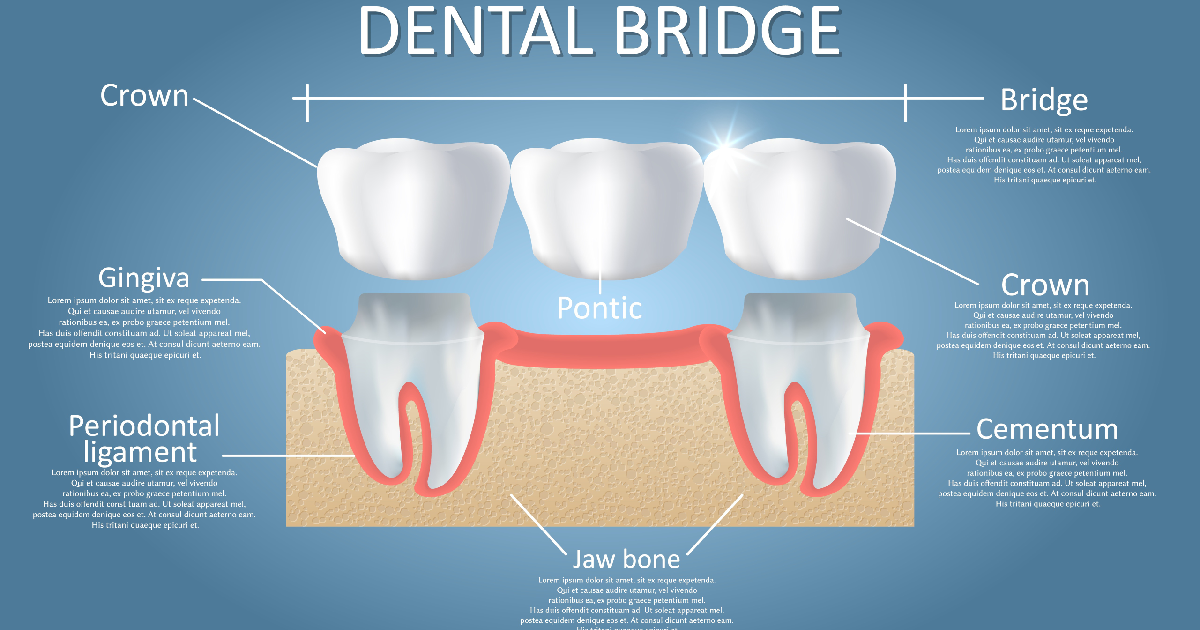Table of Contents
Oral surgery plays a crucial role in enhancing the overall health of your mouth and supporting general dental care. Combining surgical procedures with everyday dental practices, oral surgeons help address complex dental issues that cannot be treated with routine dental visits alone. In Orland Park, IL, oral surgery is an essential part of maintaining your oral health, particularly when correcting misalignments, treating infections, and improving the appearance of your smile. This blog will explore how oral surgery complements general dentistry, offering patients significant improvements in both functionality and aesthetics.
What Is Oral Surgery?
Oral surgery is a specialized field of dentistry involving surgical procedures in and around the mouth, jaw, and teeth. These procedures are often required when traditional dental treatments such as fillings or crowns cannot effectively address dental problems. Oral surgery in Orland Park, IL, encompasses a variety of treatments, including tooth extractions, corrective jaw surgeries, and cures for diseases of the gums, mouth, or facial structures.
While general dentistry focuses on preventive care and basic restorative procedures, oral surgery tackles more severe issues that require surgical intervention. Whether it’s wisdom teeth removal, correcting jaw misalignment, or treating oral infections, oral surgeons play an integral role in restoring and maintaining optimal oral health.
Benefits of Oral Surgery in General Dentistry
Incorporating oral surgery into your dental care plan has multiple advantages, enhancing the overall outcome of your dental treatments. Some of the most significant benefits include:
Addressing Complex Dental Problems
Many dental issues are more complicated than they appear. General dentistry can often resolve surface-level problems like cavities or gum disease, but it may not always address more profound, complex issues like impacted teeth or bone loss. Oral surgery provides the expertise and techniques required to solve these problems effectively. For instance, oral surgeons perform wisdom teeth extractions to prevent overcrowding and reduce the risk of infection in the mouth.
Improving Jaw Function and Alignment
One of the most critical aspects of oral surgery is its ability to correct jaw misalignments, which is essential for function and appearance. Misaligned jaws can lead to difficulty chewing, speaking, and even breathing. Surgical procedures, such as corrective jaw surgery, can improve the bite and ensure better teeth alignment. By restoring proper alignment, patients experience improved jaw function and enhanced overall comfort and aesthetics.
Correcting jaw misalignment can improve facial appearance, particularly for patients with severe overbites or underbites. You can enjoy improved function and a more balanced facial appearance with a skilled oral surgeon’s assistance.
Enhancing Oral Health and Preventing Future Complications
Oral surgery can prevent further complications by addressing issues early before they worsen. For instance, removing problematic teeth, such as impacted wisdom teeth or severely decayed teeth, prevents infections and improves oral health in the long term. At Smile and Aesthetics Barr, oral surgery in Orland Park, IL, also addresses severe gum disease by removing infected tissue and helping the gums heal, thus improving the stability of surrounding teeth.
Restoring Missing Teeth and Jawbone Structure
Oral surgery can play a significant role in tooth restoration for patients who have lost teeth due to trauma, decay, or gum disease. Procedures like dental implants involve surgically placing a titanium post into the jawbone, creating a stable foundation for new artificial teeth. These implants mimic teeth’ natural function and contribute to restoring a full, healthy smile. Additionally, bone grafts may be necessary to strengthen the jawbone before implant placement.
Oral Surgery Recovery: What to Expect
While oral surgery offers many benefits, it’s also essential to understand the recovery process. The recovery experience varies depending on the type of surgery performed, but generally, following these key guidelines will ensure a smooth recovery:
Follow Post-Operative Instructions Carefully
After undergoing oral surgery in Orland Park, IL, it’s essential to follow the specific instructions provided by your oral surgeon. These instructions typically include recommendations for diet, rest, and oral hygiene. For instance, you may be advised to stick to soft foods and avoid vigorous physical activity for a few days or weeks after surgery.
Manage Pain and Swelling
Pain and swelling are common after surgery. Your oral surgeon will prescribe pain medication to help you manage discomfort and reduce inflammation. Applying ice packs to the affected area during the first 24 hours can also help minimize swelling. Most patients experience a significant reduction in pain within a few days, but it’s important to continue following your oral surgeon’s advice for managing discomfort.
Maintain Oral Hygiene
To avoid infection, the surgical site must be kept clean. But for a few days, you’ll probably be told not to brush close to the surgical site. Instead, your oral surgeon may recommend a gentle mouth rinse to keep the area clean without disturbing the healing tissue.
Monitor for Signs of Infection
While rare, infections can occur after oral surgery. Look for unusual symptoms such as increased pain, fever, or pus at the surgical site. If you experience any of these signs, contact your oral surgeon promptly for evaluation.
Example of Combined Treatments
A typical example of how oral surgery and general dentistry work together is gum disease treatment. If the disease has advanced and the gums are infected, an oral surgeon may perform a procedure to remove the infected tissue. Following this, your general dentist may work on restoring the teeth or place crowns to protect the remaining teeth.
Another example is when a general dentist recommends corrective jaw surgery to correct a misalignment that affects chewing or speaking. After surgery, your general dentist can help maintain the results by providing orthodontic care or further treatments.
Conclusion
Oral surgery plays a vital role in general dentistry by addressing complex issues and knowing the benefits of oral surgery that require surgical intervention. Whether it’s correcting jaw misalignment, improving the appearance of your smile, or treating advanced gum disease, oral surgery helps ensure that your teeth and mouth function properly. By complementing general dental treatments, oral surgery in Orland Park, IL, provides patients with lasting oral health benefits beyond what traditional dental care can achieve. Contact us today in Smile and Aesthetics Barr to schedule a consultation and learn more about how oral surgery can complement your dental care plan.







